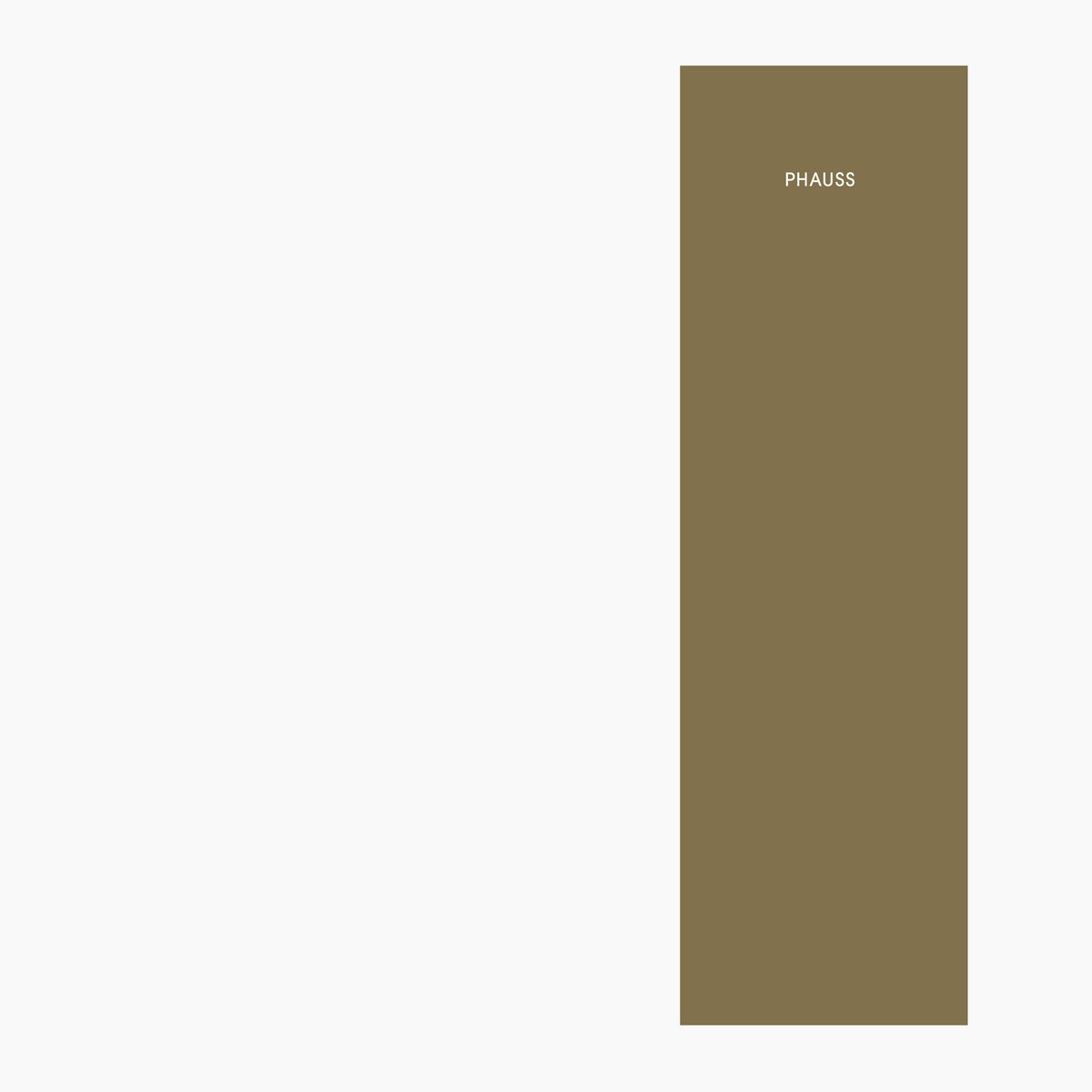Neben dem schon erwähnten “Audiodrome” bringen Room40 ein weiteres Dokument der als Phauss firmierenden Künstler Carl Michael von Hausswolff und Erik Pauser in einer CD- und Buch-Edition heraus. “Nya Sverige – Nothing But The Truth” dokumentiert eine Tour der beiden durch die USA zusammen mit Hafler Trio und Zbigniew Karkowski, das Material auf der CD besteht auf sorgsam kuratierten Auszügen der jeweiligen Konzerte. Die Eindrücke, die Phauss während ihrer Zeit im Tourbus und auf den Bühnen bekamen, flossen unweigerlich in ihre Performances mit ein, die – unter dem Motto “Extreme Swedish Industrial”, wenn man der Aufschrift auf einem Flyer Glauben schenken kann – Feuer auf der Bühne ebenso enthielt wie dystopische, lärmende Elektronik. Das begleitende Buch enthält neben Bildmaterial der Tour ein längeres Gespräch zwischen dem Duo und Lawrence English. Das Album ist auch als Download erhältlich und erscheint am 16. Dezember.
Phauss is Carl Michael von Hausswolff and Erik Pauser. Formed in the early 1980s, Phauss operated amidst of generation of uncharacteristic Swedish artists concerned with reshaping the edges of practices in sound, light, performance and vision. It was a monumentally fertile period for Sweden in that a confluence of factors allowed artists to dedicate themselves to the relentless excavation of ideas, drilling down to the absolute core of their interests and ways of making. Von Hausswolff and Pauser, who both operated across sound and installation, used Phauss as a means for deconstructing ideas of composition, situationalism, site-specific works and extended performance methodologies. Across the second half of the 1980s and into the early 1990s, they made connections, through their travels, outward from their homeland into scenes and communities that stretched from the Middle East, through North America and into Asia. Like their travels, their ways of approaching the work they made was similarly wide-reaching and innately curious. They worked with often quite strict conceptual structures within which they were able to unlock entirely new ways of considering composition and also the material production of sound, through performance, through iteration and through considered experimentation which allowed for failure, just as much as success.” (Room40)
